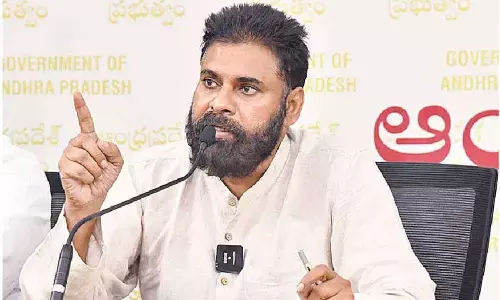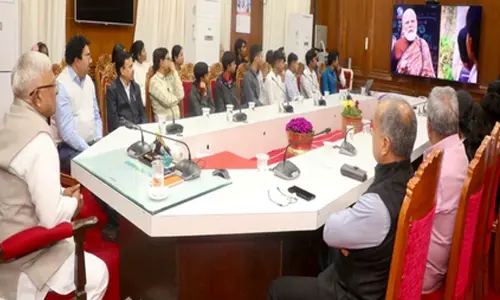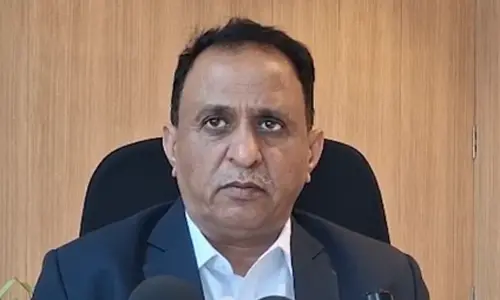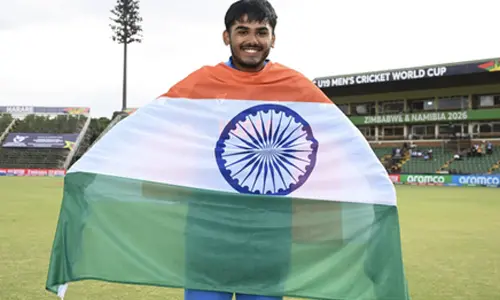Shed colonial consciousness, cherish our own heritage
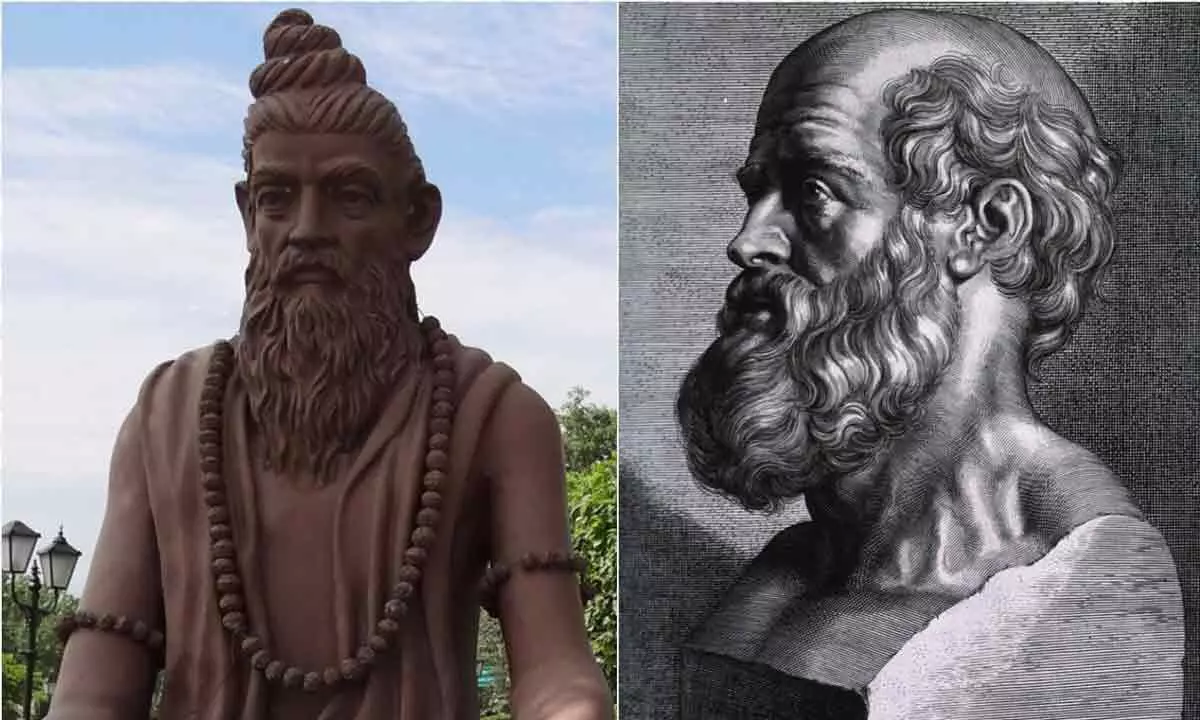
Charak oath (or shapath), equally modified from the original as the Hippocratic oath, caters to the modern world with different realities. However, a colonial consciousness believes that somehow Hippocratic oath makes more sense than Charak oath leading to even silly decisions like expelling a dean of a medical college. Can we ever have pride in ourselves or do we just soak ourselves in the colonial narratives?
Sadly, a merely 150-year colonial assessment of India (at least a five-millennium old civilisation) in scientific and intellectual achievements has become a benchmark for all Indians. It is an inherent feature of colonial consciousness to believe that everything we had was either fake or borrowed from Greeks, Chinese, Babylonians, Mesopotamians, or Arabs. Nevertheless, India, indeed, has a great intellectual heritage and a huge corpus of texts (the broad five groups -Vedas, Upavedas, Vedangas, Puranas, and Darshanas) covering all fields of human activity is a testimony of the capacity of Indians to create knowledge indigenously.
Ayurveda, a 5000-year-old tradition, has two main schools: Charaka and Sushrutha. Charaka Samhita (likely 500 BCE) has 120 chapters divided into eight sections of surgery, paediatrics, head and eyes, mental diseases, reproductive systems, pharmacology, therapeutics, and toxicology. It mentions plant products (from the root, bark, pith, exudation, stalk, juice, sprouts, fruit, flower, ash, oils, thorns, and so on); 165 types of animal products; and 64 minerals for therapeutic purposes. This book had Persian, Arabic, and Latin translations; the Arabic translation was Al-Beruni's chief source of medicine.
Charak was as 'scientific' and 'rational' as expected even if viewed from the perspective, though unfair, of modern times. Hippocrates might have had his achievements and he may have existed before or after Charak but the latter had some solid contributions to the cause of medicine.
The recent controversy on medical college students delivering the Charak Shapath with later suspension of a medical college dean points to a deep colonial consciousness pervading the country. The oath is simply a tradition and a broad reiteration of some ethical principles not binding (least of all legally) in any respect. As one author notes, the Hippocratic Oath (original or modified) is inadequate to address the realities of a medical world that has witnessed huge scientific, economic, political, and social changes. Euthanasia, legalised abortion, absolute privacy of medical records, and so on would be going against the tenets of original Hippocratic oath.
One question is that does this traditional oath even have a relevance in modern times? The answer would be affirmative to a traditional society like India. Traditions are simply handed down from one generation to another and unless they positively harm the society, a traditional society would not question them and neither would they have answers for the 'why' of traditional practices. "Why do you wear bangles?' 'Why do you wear a Bindi?" These questions do not make sense and do not have answers except a single answer that they are traditions; an answer which fails to satisfy people demanding 'scientific' explanations.
As Dr Balagangadhara Rao's thesis goes, India is a traditional culture where the 'how' question is important. Such cultures root in rituals and which in turn brings people together. The western culture, which roots in religion, has the 'why' as its most important question. Science, atheism, and division of people is a natural outcome of such cultures. The colonials, coming from a western culture, took a 'scientific' view and developed a deep antipathy to Indian traditions, including its medicine, notwithstanding some of its great developments.
Unfortunately, post-independent thinkers and influential politicians shared the same view of traditional India. The past as primitive; the future as golden; and the present as a stepping stone, was a straight-line historical narrative derived from the west. Charak oath (or shapath), equally modified from the original as the Hippocratic oath, caters to the modern world with different realities. However, a colonial consciousness believes that somehow Hippocratic oath makes more sense than Charak oath leading to even silly decisions like expelling a dean of a medical college. Can we ever have pride in ourselves or do we just soak ourselves in the colonial narratives? Is secularism simply denying our traditions and past completely?
Dr Pingali Gopal, Hanumkonda








